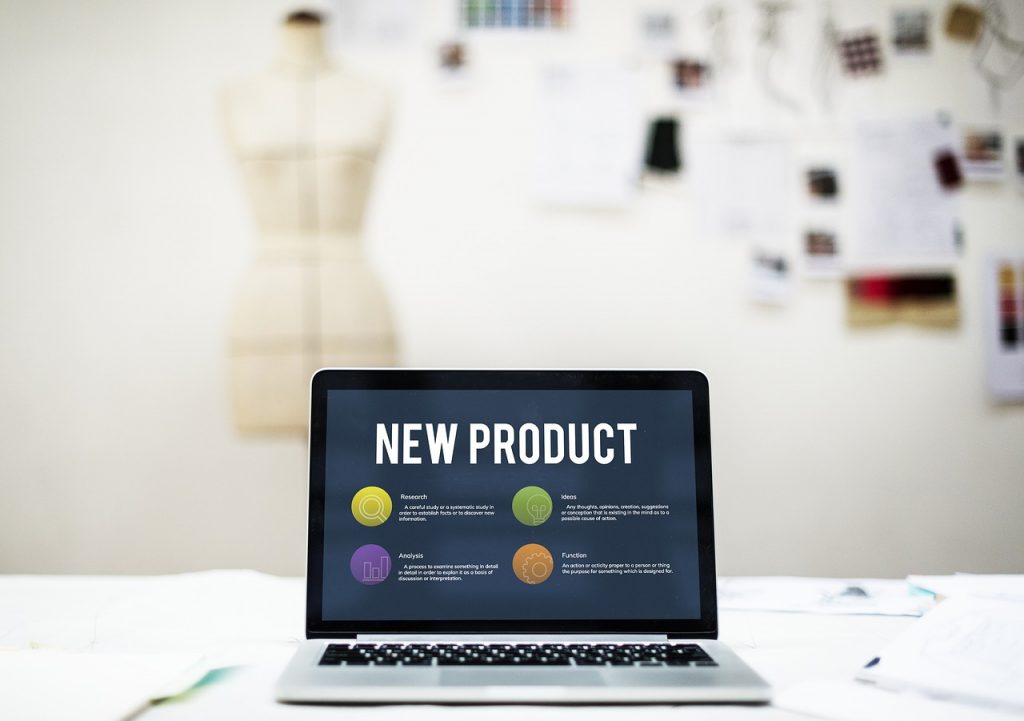Business intelligence (BI) aims to purposefully and thoughtfully gather and analyze past information for the benefit of an organization and help employees make informed decisions. With more companies engaging in business intelligence than ever before, enterprises are going about it in different ways.
Why? Because BI trends are ever-changing, not unlike the IT industry itself, and 2019 will see the emergence of new trends — trends that will take these technologies beyond data analyses and more into the realm of artificial intelligence, multicloud strategies, and data management. Check out some of the most anticipated business intelligence trends for the New Year:
Greater investment in artificial intelligence adoption

Artificial intelligence has created quite a stir in the IT industry, and analysts claim that companies yet to adopt this technology risk falling behind the competition in 2019. According to research, 38 percent of companies have already implemented artificial intelligence in some form or the other, and more businesses are evaluating the positives of this technology and working on proofs-of-concept for AI. Modern artificial intelligence platforms have the capability to evaluate the data inputs more quickly than humans and uncover certain things people miss out on when not using technology.
Some artificial intelligence systems provide details directly from the customers in streamlined ways. Several businesses, for example, have begun to use chatbots or are in the process of implementing this technology. They can gain valuable insights, especially when they pay attention to the words used by the people and the feelings expressed. Statistics like these show that AI is much more than an IT fad. If your company waits too long to deploy the system, it must rush to try to catch up to the rest of the industry later.
Using Big Data for the greater good
Business intelligence isn’t just about improving the operations of a company; it also promotes the use of data for positive social change. The most common way to do so is via collaboration, also known as data commonwealths. When organizations pool their resources and efforts together, they are able to maximize their labor outputs and access data capable of helping them develop fresh ideas. While there is a high possibility that working with data for altruistic reasons will gain prominence this year, several companies have been practicing this trend for some time now.
Mastercard, for example, formed an independent subsidiary in 2013 to leverage data for social good. Companies need to evaluate how data collaborations fit into their existing social responsibility strategies. Over time, this could lead to progress that transcends business profits. Thus, organizations must try to attract talented workers while understanding just how business intelligence is connected to social improvements.
Introducing a unified view of data
In 2019, there will no longer be a centralized view of all data. Instead, companies will move towards a single centralized view as the focus shifts from placing all the data in a single place. With data models becoming more standardized, the emergence of data catalogs is not far off and that will be a complete game-changer. These catalogs may be viewed in a hub, where one can see the entirety of the federated data estate, and set the stage for a shop-for-data sort of marketplace experience.
Making data governance a priority
A business intelligence poll found that individuals view data governance as having above-average importance in their work in 2019. Certain industries, like telecommunications and banking, place greater weight on data governance. In reality, the trend is necessary for any company hoping to effectively learn and understand important things through business intelligence efforts. In case the data gathered contains false or duplicate details, the poor quality may lead to a lack of confidence in the leaders of the company. This would compromise the focus on business intelligence.
Moreover, with GDPR now in full force in the EU and a similar regulation being implemented in California next year, companies must now do their best to make sure they don’t overlook data governance and comply with every applicable law.
Business intelligence finds many takers in small business

Small businesses had the greatest BI adoption rate in 2018. This indicates that company employees must not assume that business intelligence is irrelevant among smaller firms. Using BI in these companies can improve the feeling of ownership that every member of the team harbors towards organizational progress. This trend of BI software being adopted by the smaller organizations can continue well into 2019, especially when you consider how more providers are making their offerings more affordable and accessible. Even enterprises that function on shoestring budgets like startups can easily accommodate them in their existing budgets.
Distribution of workloads
One of the greatest trends in the IT sector right now is the growth of Kubernetes software that is capable of distributing and orchestrating containerized workloads for better microservices delivery. Kubernetes is capable of accessing and processing data locally and even at the edge, reaching far beyond the capabilities of existing BI platforms. Thus, it’s no surprise that Kubernetes has found favor among software development teams.
Growth of self-service business intelligence interfaces

Self-service business intelligence interfaces set the stage for companies to do away with data scientists on their payroll who are tasked with taking deep dives into analytics. A study of business leaders in the UK found that 80 percent of respondents want to hire data scientists or avail data consultations in the coming year. But a separate study conducted by Gartner reveals that self-service BI interfaces are quite prominent. This kind of software will offer more analysis information than data scientists this year.
The research also showed that companies treat BI as something that separates them in the marketplace and promotes a data-driven culture within the companies. If companies have not yet begun to use BI, self-service software may be the right place to begin. But before investing in these tools, businesses need to evaluate what they wish to learn from business intelligence and how those insights can fit into the overall business operations of the company.
Get trendy in 2019
The trends mentioned above are going to become more evident as 2019 rolls on. That doesn’t mean it’s too early for companies to proactively consider how they can capitalize on the emerging business intelligence trends in their establishments.
Featured image: Pixabay



